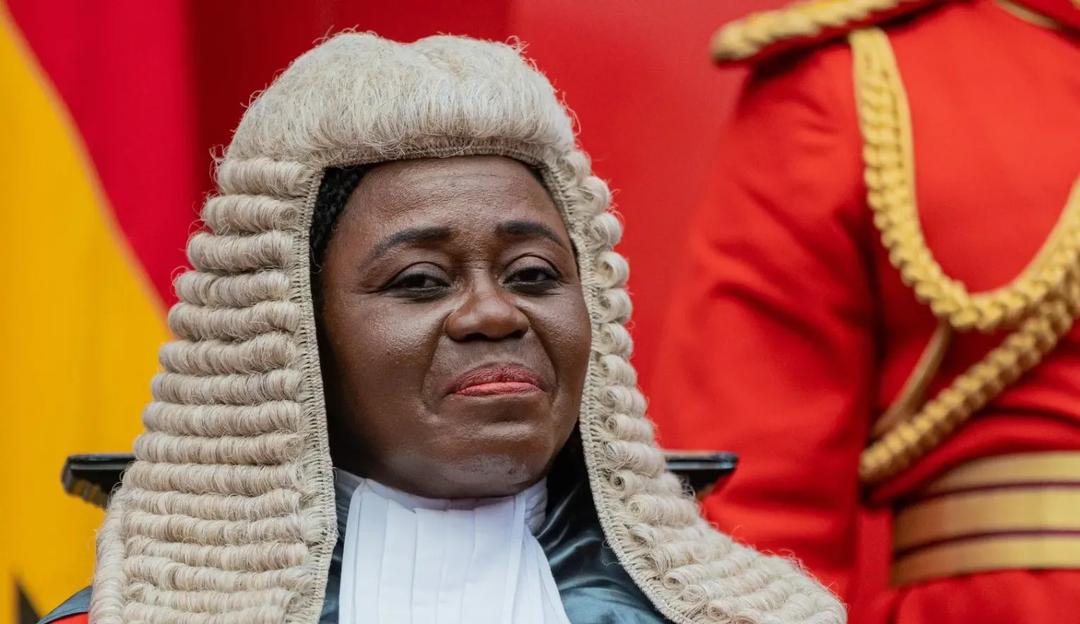Table of Contents
The Minister for Government Communications, Felix Kwakye Ofosu, has disclosed that the government is constitutionally barred from making public the reasons behind the removal of Chief Justice Gertrude Araba Esaaba Sackey Torkornoo. He emphasized that President John Dramani Mahama’s decision was guided strictly by the provisions of the 1992 Constitution, not personal preference.
Chief Justice Torkornoo was officially removed from office on Monday, September 1, 2025, following a recommendation from a constitutionally mandated committee that investigated allegations of stated misbehavior. The petition against her was filed by Ghanaian citizen Daniel Ofori.
Why Reasons for Torkornoo’s Removal Cannot Be Disclosed
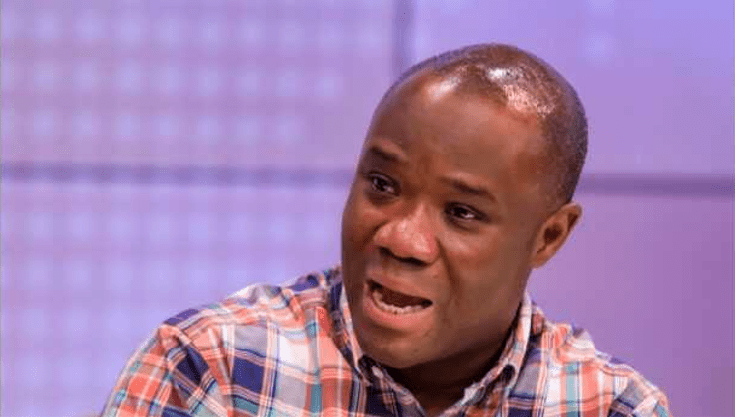
Speaking to the media after the announcement, Felix Kwakye Ofosu explained that Article 146 of the 1992 Constitution makes it unlawful for government to disclose the details of the proceedings of the committee that investigated the Chief Justice.
“The committee recommended the removal of the CJ. As you are fully aware, Article 146 does not permit disclosure of the proceedings of the committee,” he said.
He added that while the government cannot make these details public, Chief Justice Torkornoo has been informed through official communication. According to him, the President’s Secretary delivered a letter explaining the reasons for her removal, together with the constitutional warrant that formalized the decision.
“I am not permitted by law to make any disclosures beyond the fact that the President has complied with the recommendations of the committee,” Kwakye Ofosu stated firmly.
He stressed that Jubilee House cannot violate the Constitution by divulging sensitive details that Article 146 expressly bars from being made public.
Constitutional Basis of Torkornoo’s Removal
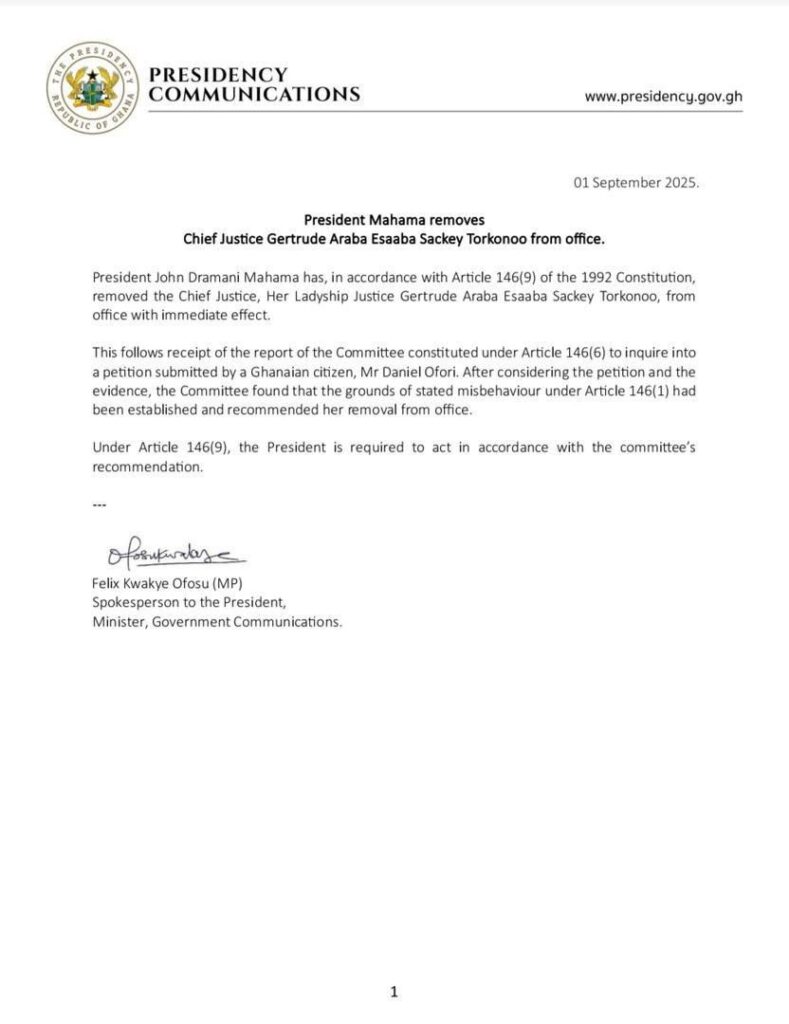
Chief Justice Torkornoo’s removal followed an inquiry under Article 146(6) of the Constitution. The committee tasked with the investigation concluded that the allegations of stated misbehavior made against her were proven.
President Mahama, acting under Article 146(9), was bound to implement the committee’s recommendation, which called for her removal. The Minister highlighted that the President had no discretion in this matter once the committee’s findings were presented.
“The role of the President is clearly defined under Article 146. Since March this year, the President has strictly adhered to constitutional tenets and has done everything in consonance with constitutional provisions,” Kwakye Ofosu explained.
He further clarified that the decision was not based on personal opinion or political preference, but purely on the constitutional procedure.
“So it must be emphasized that we have arrived at this juncture because of what the Constitution says and not necessarily what the President believes,” he said.
What This Means for Ghana’s Judiciary
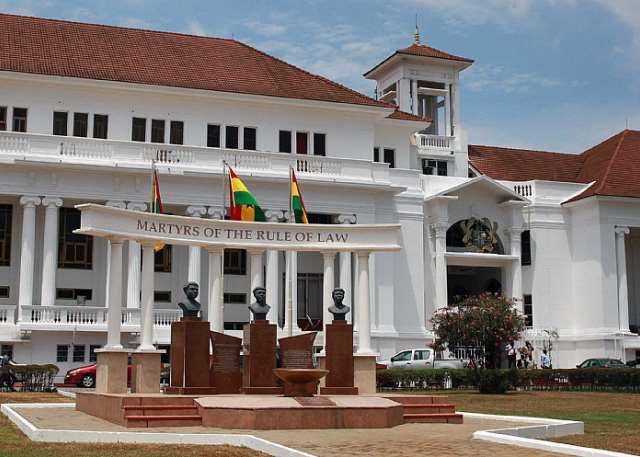
The removal of a Chief Justice is one of the most serious constitutional processes in Ghana, and this case has attracted widespread public interest. Many Ghanaians are demanding answers about the exact reasons behind Torkornoo’s removal, but the government insists its hands are tied by the constitutional prohibition on disclosure.
For now, the details remain confidential, known only to the committee, the President, and the former Chief Justice herself. While this ensures the integrity of the constitutional process, it also leaves room for speculation and public debate about the future of the judiciary.
Government Assures Transparency Within the Law
Although Felix Kwakye Ofosu reiterated the government’s respect for constitutional restrictions, he emphasized that there has been no foul play. According to him, every step taken since the petition was filed in March has been in strict compliance with the Constitution.
He insisted that President Mahama has acted only within the remit of the law, highlighting that the judiciary remains a vital pillar of democracy and must be protected from political interference.
“The government’s role in this process is purely constitutional. The integrity of our legal system is at stake, and we cannot be seen to breach the very laws that bind us,” he stressed.
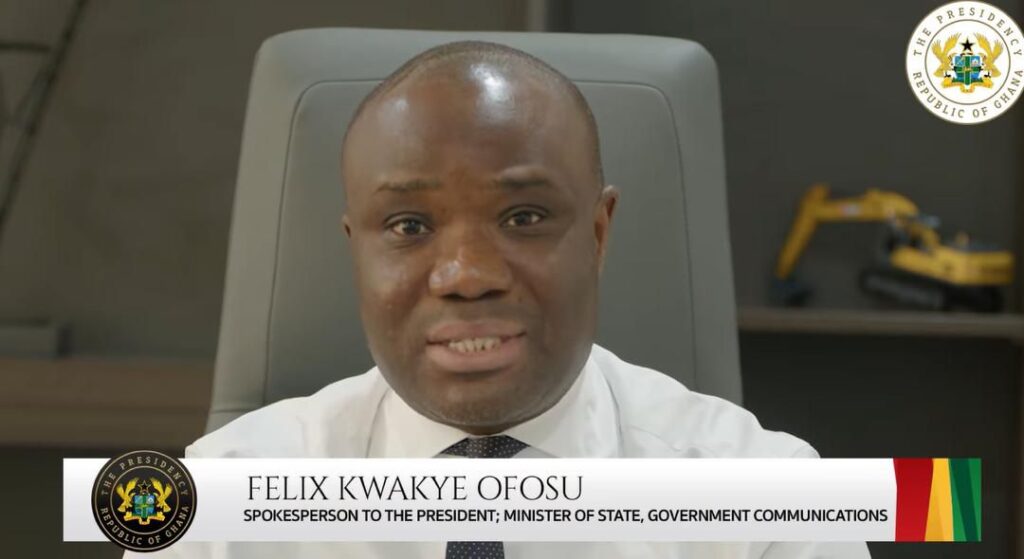
Looking Ahead – Chief Justice Torkornoo removal
The removal of Chief Justice Torkornoo marks a pivotal moment in Ghana’s judicial history. As the country looks ahead, attention will turn to who will be appointed as the next Chief Justice and how the judiciary will move forward after this historic decision.
For now, what remains clear is that the constitutional framework surrounding the removal of a Chief Justice is rigid, binding, and leaves no room for discretionary maneuvering by the executive. President Mahama’s decision, according to the government, is not only constitutional but unavoidable.
Read more: President Mahama Removes Chief Justice Gertrude Torkonoo Following Misconduct Inquiry

